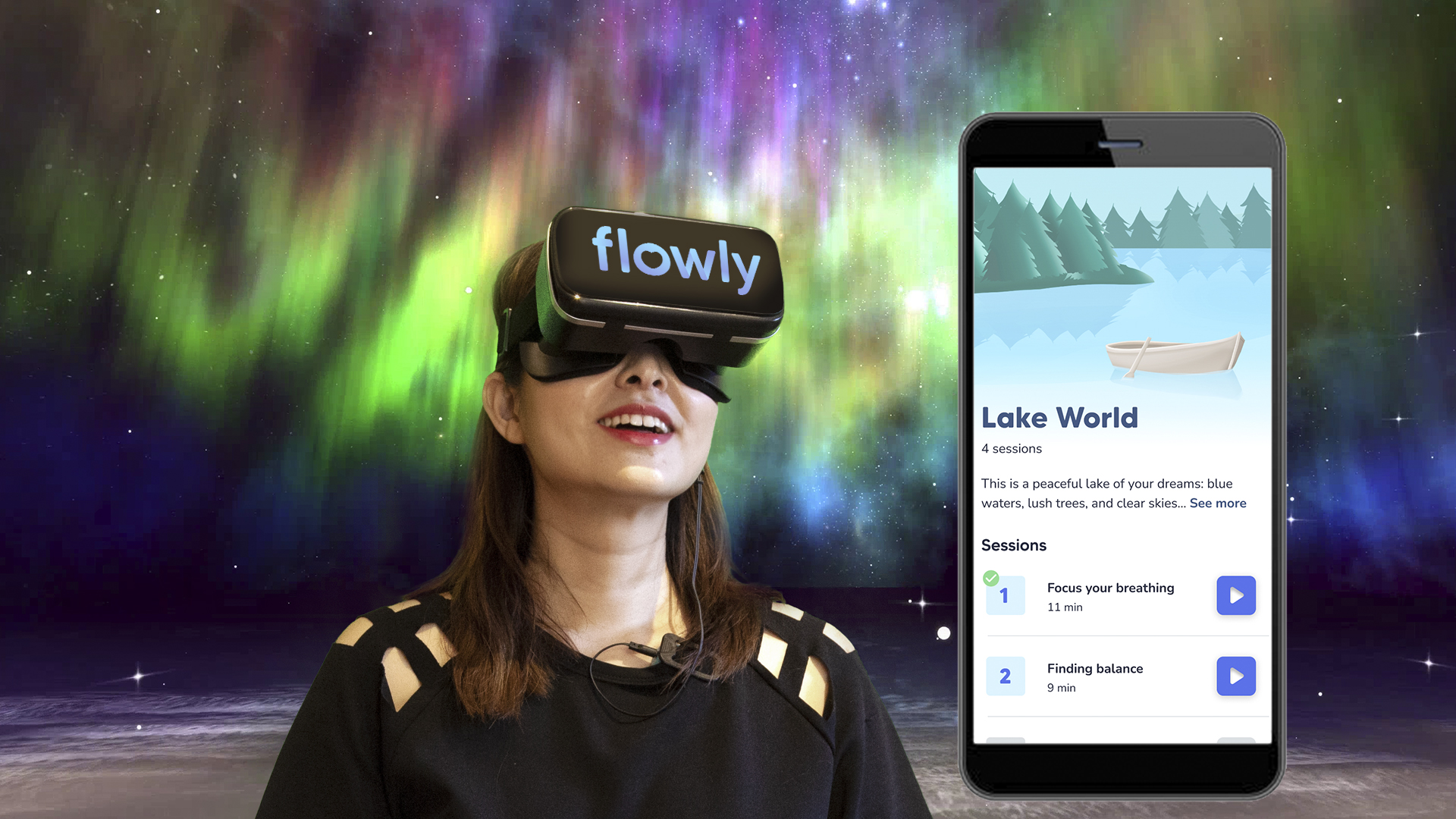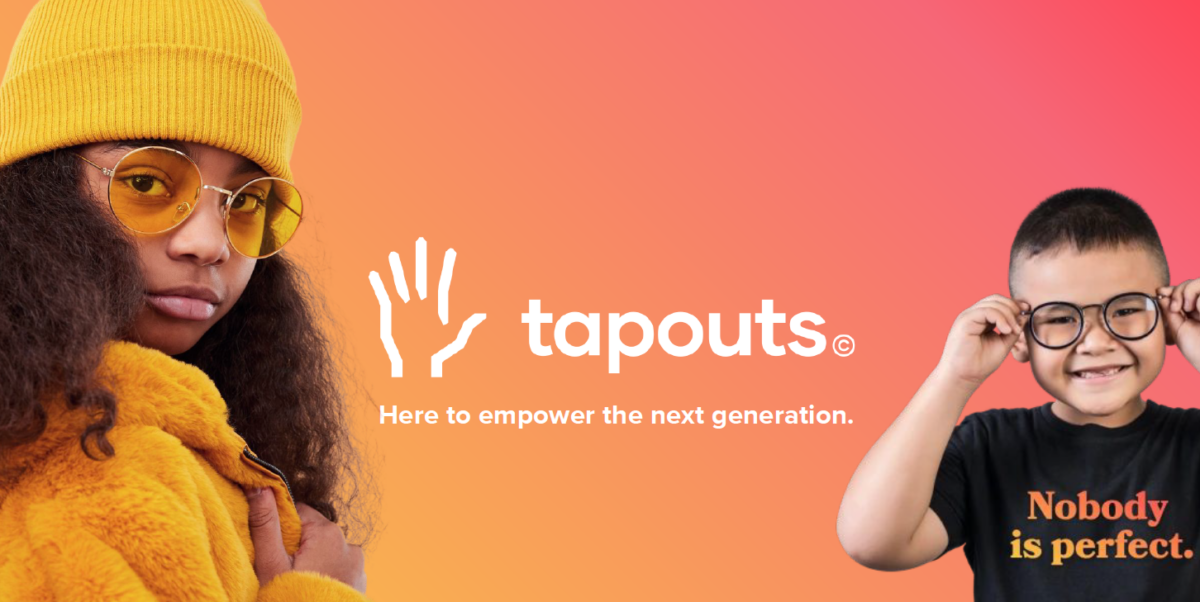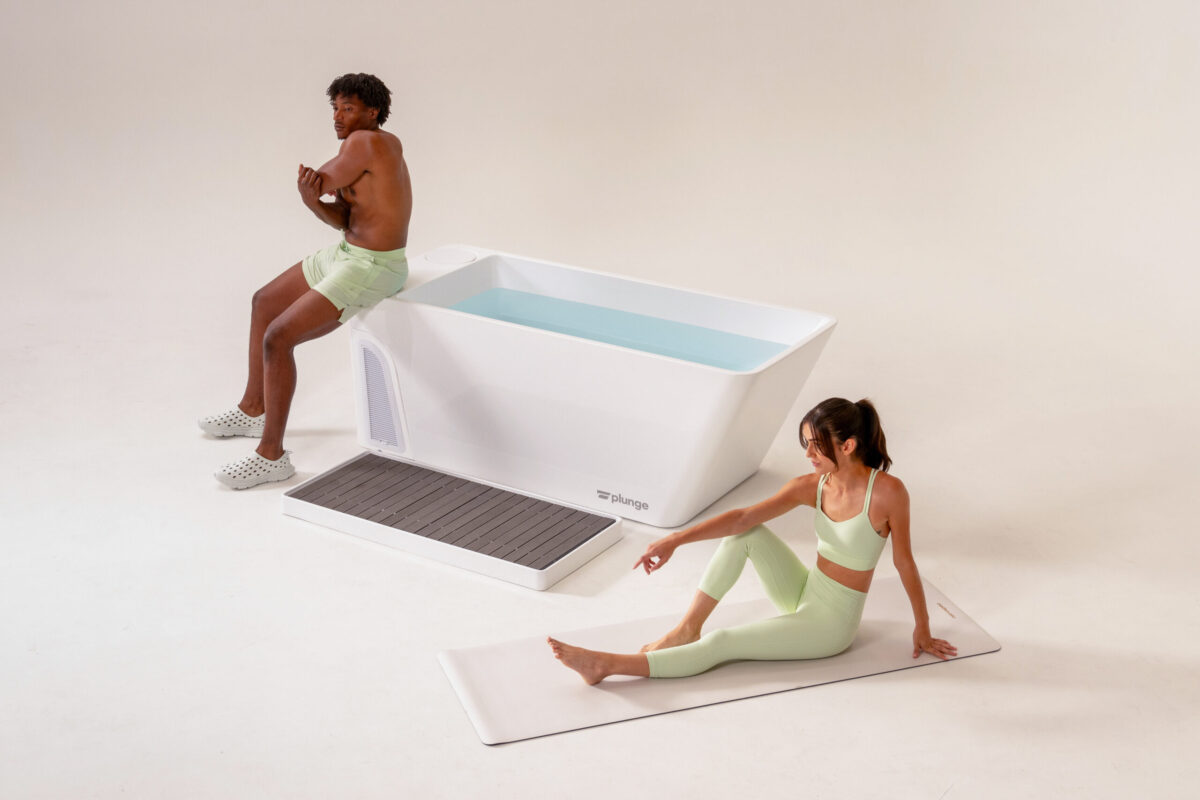In this Q&A, you’ll hear from Celine Tien, co-founder and CEO of Flowly, a digital health company addressing the opioid crisis in America with virtual reality therapeutics. Celine shares how growing up around chronic pain and her experience with VR while working at DreamWorks led to a pain-management product clinically proven to reduce opioid usage and reliance.
Can you tell us about what you’re working on at Flowly?
Celine Tien: Flowly is a science-backed, data-driven, and clinically tested method for reducing chronic pain.
Flowly works by using a mobile app and VR headset to measure biometric data such as heart rate (HR) and heart rate variability (HRV). Then, the app converts those measurements into visualizations in virtual experiences — helping users to take control of their nervous system.
This “bottoms-up” approach (teaching the user to control their body/physiology) is designed specifically for people with chronic pain and nervous system dysregulation (as compared to the more generalized “top-down” approach of other meditation and mindfulness apps). This means we teach users how to control their bodies (as in physiology) first before applying it to how they physically and emotionally feel.
Flowly’s founding team is made up of Yale, DreamWorks, and Hyperloop One alums in conjunction with a world-class clinical team at the University of Pittsburgh Medical Center and USC. Our first few years focused on case studies and randomized controlled clinical trials. Our NIH-backed clinical trials demonstrated an average 40% reduction in opioid usage.
How did you come up with the idea? What key insight led you to pursue this opportunity?
CT: I grew up around pancreatic cancer, which is a very painful experience. And seeing how pain can fundamentally change someone’s life, it’s something I’ve always cared deeply about.
While working in development at DreamWorks, I got really involved with and excited about VR technology. It was then that I discovered VR had been researched since the 1980s for pain management. So, combining these two passions—pain management and VR—seemed like a no-brainer.
At the same time, opioid abuse had become the number one health crisis in the United States. And with stricter regulations around opioid prescriptions, many chronic pain patients were left in the dark with no other tools or options for consistent, at-home pain management.
So, we immediately started developing Flowly as a mobile-based, at-home tool that any chronic pain patient could use daily.
How did you turn your idea into a company?
CT: To build momentum behind our mission, it was key for us to work with reputable, respected leaders in our field and the scientific community. To this end, we partnered with top physicians in pain and some of the largest hospitals in the US.
Additionally, a grant from the NIH was instrumental in creating a science-backed product. Once we dedicated time to the science, other physicians and leaders in the space started sharing Flowly with their medical communities and patients. Seeing this, investors came aboard as they began to recognize the potential of our service.
And, while it hasn’t been easy, the key for us at each milestone has been to dive into the deep end and just do it.
How big can this get? What’s the addressable market and how do you go about capturing it?
CT: Currently, one in three Americans (~100M) lives with chronic pain — more than cancer, diabetes, and heart disease combined. It is a huge market, and those afflicted are our core customers.
To create more access to Flowly—and reach more patients suffering from chronic pain—we are continuing to develop more partnerships in both the medical and enterprise communities.
Anything else you’d like to share with readers?
CT: I started Flowly as a young woman of color with no formal medical training. Showing up to medical conferences, people would literally box me out of conversations. That, and investors often assumed I was the assistant cc’d on emails.
My hope, first and foremost, is that our work at Flowly empowers people to take more control over how they feel. But also, I hope it paves the way for more marginalized founders to take control of the industries and fields they work in.
If you’re interested in having your company featured in our Startup Q&A series, send an email to team@fitt.co.



